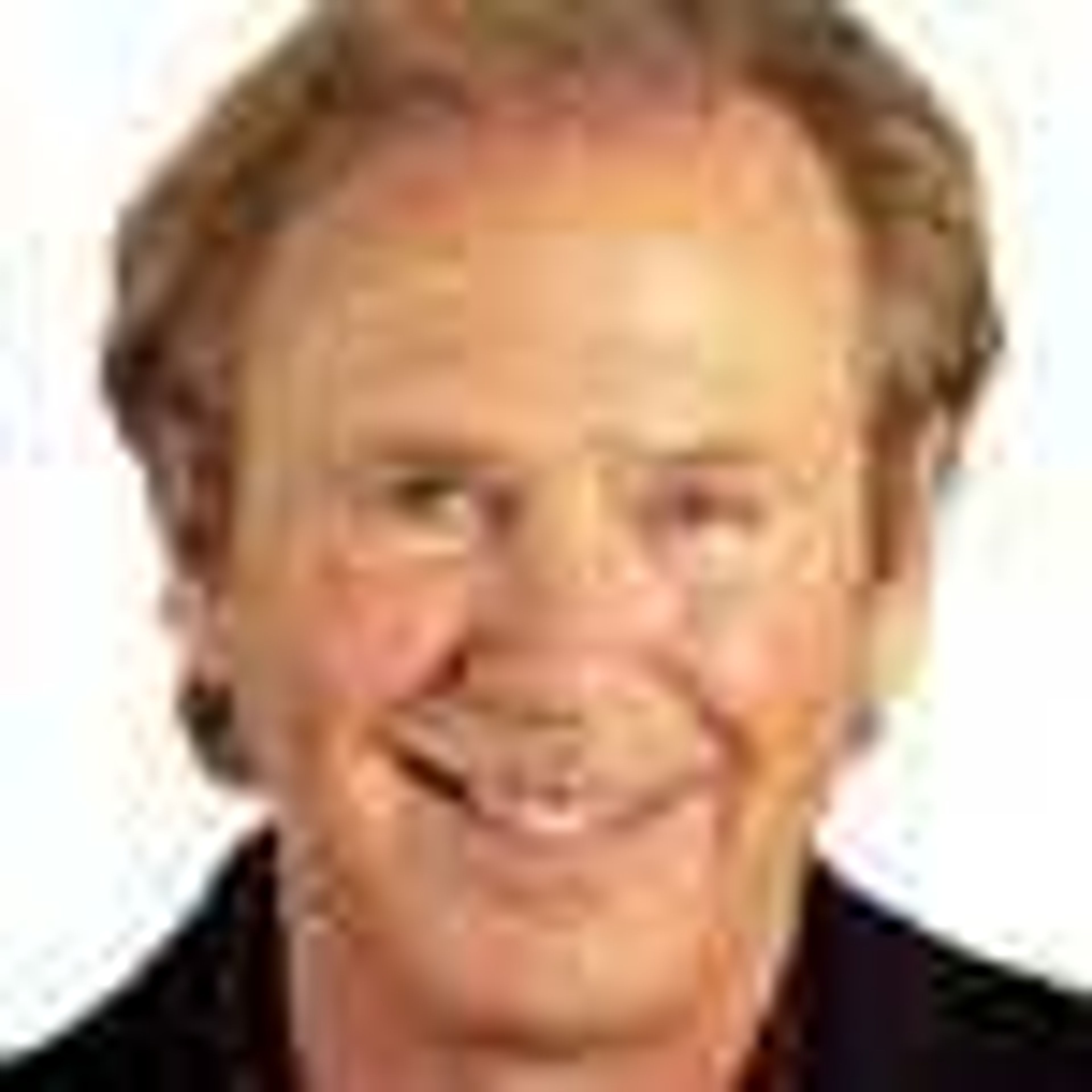Age-related hearing loss in boomers
I used to snigger quietly and with a slight air of superiority whenever I would hear an older person loudly ask a companion in the movie theater: "What did they say?" Then just last week, my friend Paul, who is two years younger than I am, turned to me in one of those same theaters and loudly asked: "What did he just say?"...
I used to snigger quietly and with a slight air of superiority whenever I would hear an older person loudly ask a companion in the movie theater: "What did they say?" Then just last week, my friend Paul, who is two years younger than I am, turned to me in one of those same theaters and loudly asked: "What did he just say?"
Paul, it seems, is apparently an early victim of "presbycusis."
"Say what?" is what I imagine Paul will say.
Don't worry, Paul, you are not alone. Although presbycusis, or age-related hearing loss, afflicts about one third of adults over 65, and up to half of those over 75, it is increasingly found in boomers now in their 40s and 50s. There has been a 25 percent uptick of this problem since 1971. And as we continue to age, the incidence of hearing loss is expected to grow.
Why are we so afflicted? Genetics can play a part, but mostly the answer can be summed up in one word: Noise.
Maybe our parents were right after all: Nothing good would ever come from listening to that loud devil music called rock 'n' roll. And if they were still in the mind of telling us what's what, they would probably be admonishing us about our current fascination with the ubiquitous iPod. There is also the general decibel level in our increasingly noisy world.
Difficulty hearing conversations with pronounced background noise is actually one of the first symptoms of presbycusis. Other telltale signs are complaints that everyone is mumbling, not being able to hear high-frequency sounds like certain women's voices and even some consonants. Eventually, we can lose our sensitivity to sound and our ability to discern one sound from another.
There are several preventative measures we can take.
One, get savvy about protecting your hearing. You have learned to wear sunglasses to mitigate your chances for getting macular degeneration, so you can certainly learn to use ear protection when using power tools or when exposed to other loud noises. And do you really need to pretend you are on stage with Mick Jagger when you are listening to some Stones on your iPod?
By moderating your intake of caffeine and nicotine, you can avoid tinnitus, a type of noise-related hearing problem that is marked by ringing or roaring sounds in the ears.
Another thing you can do to protect your hearing is increase circulation, either through exercise or by getting enough niacin (vitamin B3), which works as a vasodilator. Good blood circulation protects those sensory hair cells in the inner ear.
And what if it is too late? There are always those hearing aids.
It is hard to imagine most vain boomers strapping on those uncool symbols of aging. But we have come a long way, baby. Even our vital ex-president Bill Clinton admitted to wearing a hearing aid while in noisy crowds. With digital technology, they are tiny and can fit demurely into the ear (not wrapped around it like a burrito). They can also be programmed to aid hearing in specific situations, including the heretofore untreatable early stages of presbycusis.
Many people with age-related hearing loss are loathe to admit it, probably something to do with the dreaded Geezer Factor. But this kind of pride can result in an increasing social withdrawal, even isolation and irritability. Now can you spell "geezer"?
Swallow that pride and check it out. Here are some resources:
The House Ear Institute at www.hei.org.
For a referral to an audiologist: www.asha.org.
Dr. Michael O.L. Seabaugh, a Cape Girardeau native, is a clinical psychologist who lives and works in Santa Barbara, Calif. Contact him at mseabaugh@semissourian.com.
Connect with the Southeast Missourian Newsroom:
For corrections to this story or other insights for the editor, click here. To submit a letter to the editor, click here. To learn about the Southeast Missourian’s AI Policy, click here.










